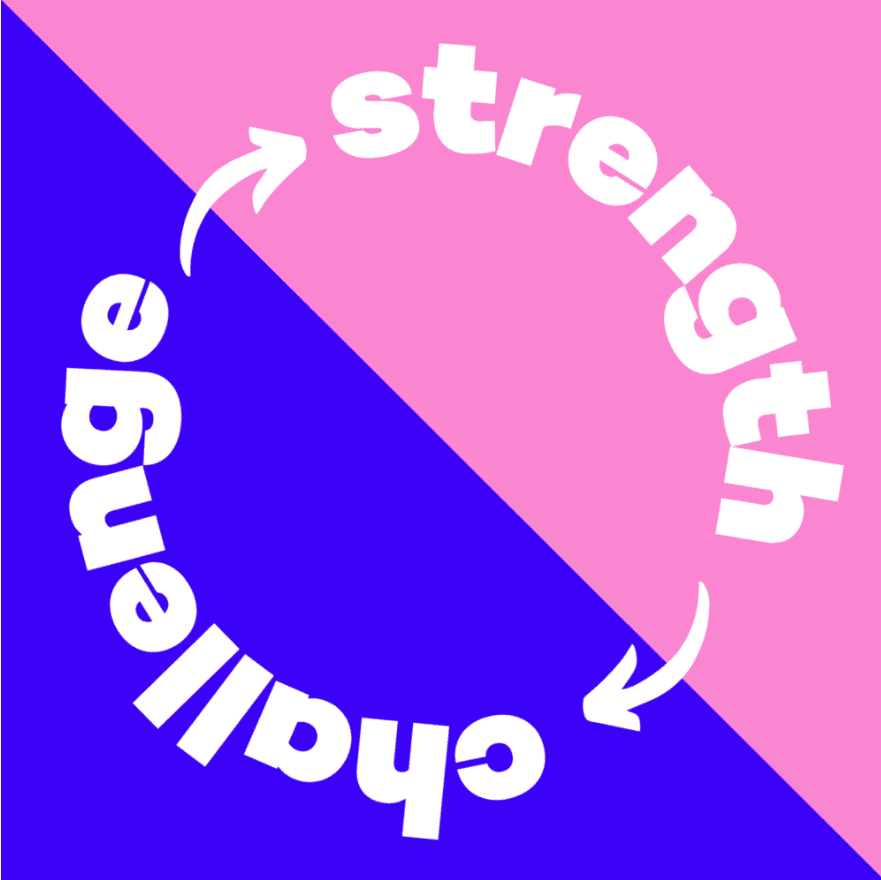
We know that metacognition plays a large role in students’ academics. When students are aware of their own learning process, they experience greater and more meaningful growth. In addition to having this academic awareness, they should also be metacognitive about how they are doing in general. A great way to help students demonstrate their self-awareness is to include them in parent-teacher conferences. Here is an explanation of what student-led conferences entail, strategies for running them successfully, and a reflection on why they can be so powerful.
What do student-led conferences look like?
As the name suggests, student-led conferences function the same way as typical parent-teacher conferences, except that the student “leads.” The structure depends heavily on the student’s age, level of metacognition, and willingness. Most students respond to the prospect of leading their own conference with both enthusiasm and anxiety. Children love the idea of being in charge of their learning! But leading something as important as their conference can be intimidating. For students who are interested but perhaps nervous, the teacher should be ready with specific prompts for the student. Questions like “what do you feel like you are good at in reading?” can help guide the student toward relevant topics. And parents should be ready with questions for the student to answer. Both adult parties should be ready to take over should the need arise.
What’s the purpose of student-led conferences?
Students benefit when they share responsibility and ownership of their learning. When they are involved in the evaluation and reflection process, the idea of conferences becomes less daunting. They know how the conversation will go because they’ll be leading it! The feedback a student gets from their teacher should never be a surprise. When teachers involve students in these conversations, it helps get everyone on the same page.
How do I set my child up for success with their student-led conference?
Your child’s success with their conference is not dependent upon her success in school. In fact, number and letter grades should not necessarily dictate how the conversation goes. Of course, grades are helpful indicators of a child’s effort, performance and progress. However, they do not take into account the student’s strengths, weaknesses, areas of growth, and things they might find challenging or need extra help with.
Especially for younger students, a successful student-led conference requires a certain level of preparation. It is the teacher’s responsibility to ensure ahead of time that she is on the same page as the student. It’s important to avoid surprises the day of the conference, so teachers should always do some work beforehand to make sure students take the conversation in a direction that paints a realistic picture. Meanwhile, parents should be sending the message to their child that grades are not the most important thing. While of course high grades are a goal, parents should not make them the primary focus. Reassure your child that you are mostly interested in hearing about where they feel confident, where they feel like they’re struggling, and what their next steps are toward improvement.




